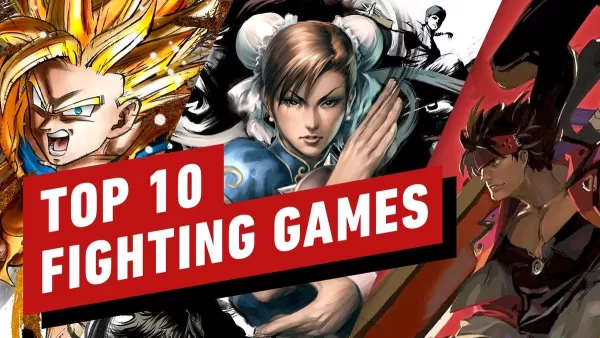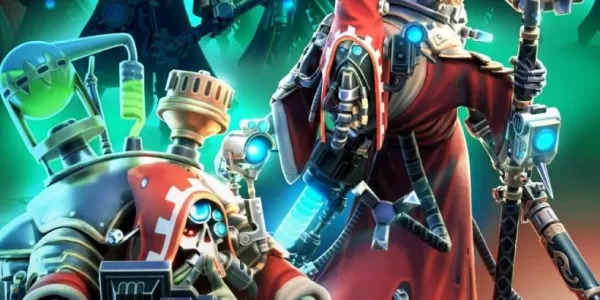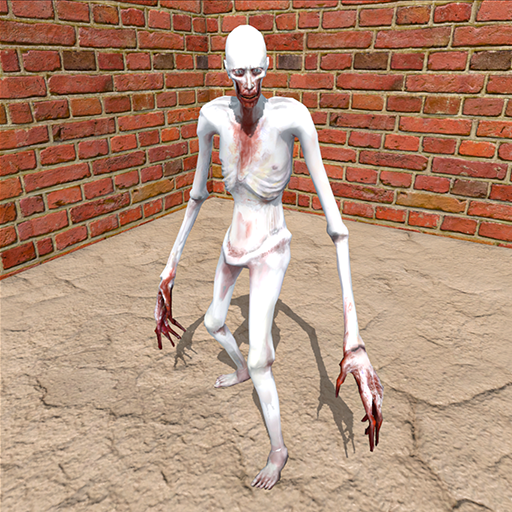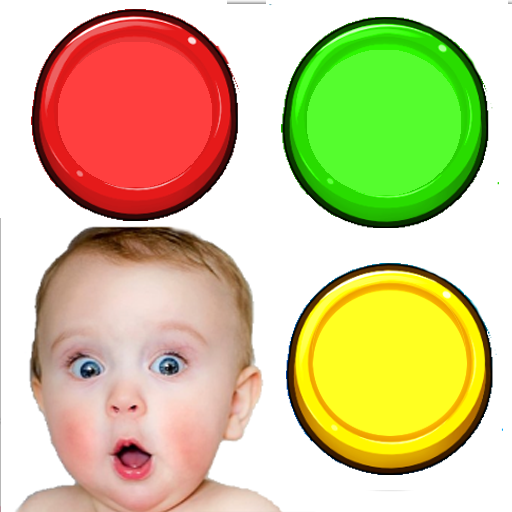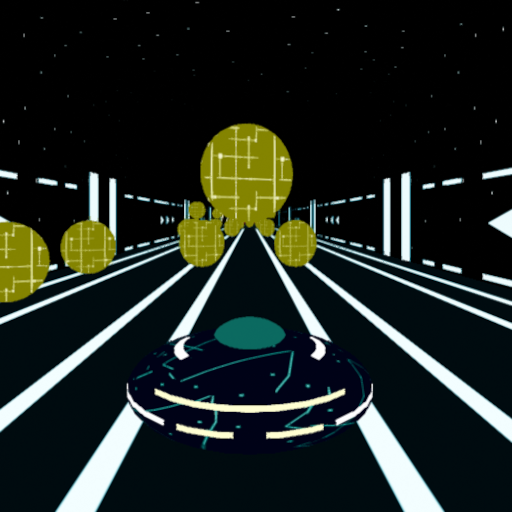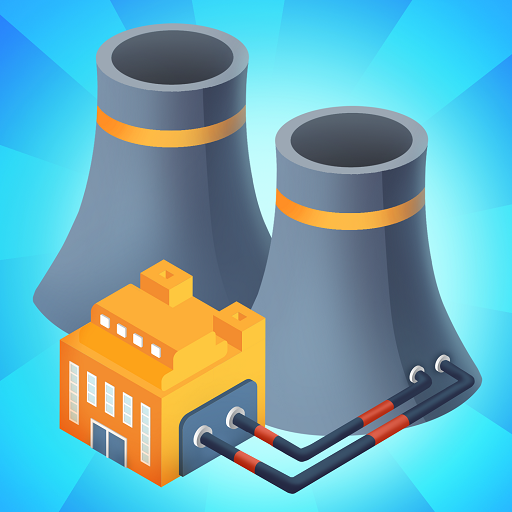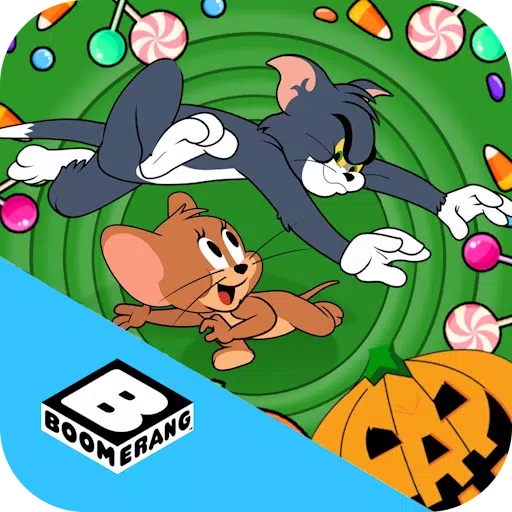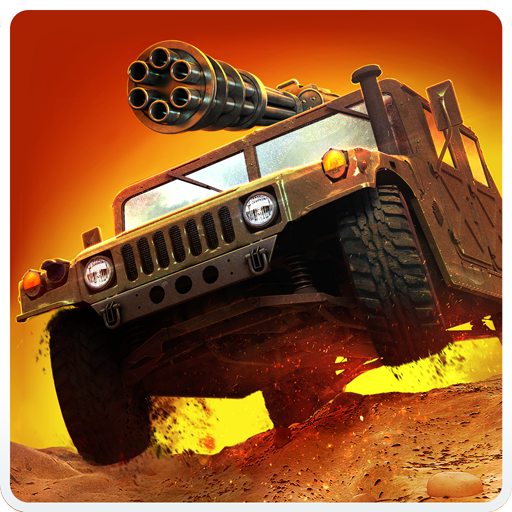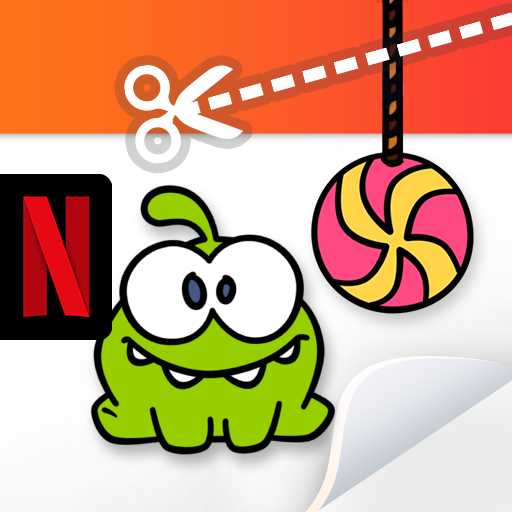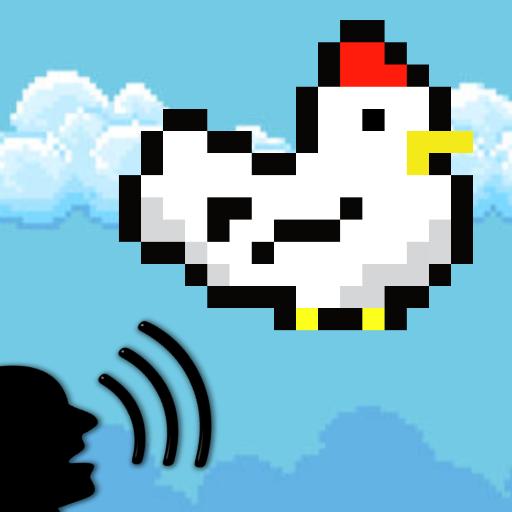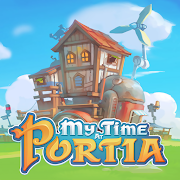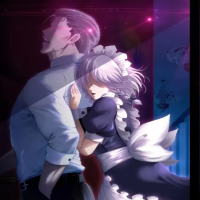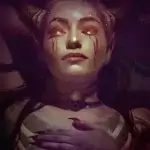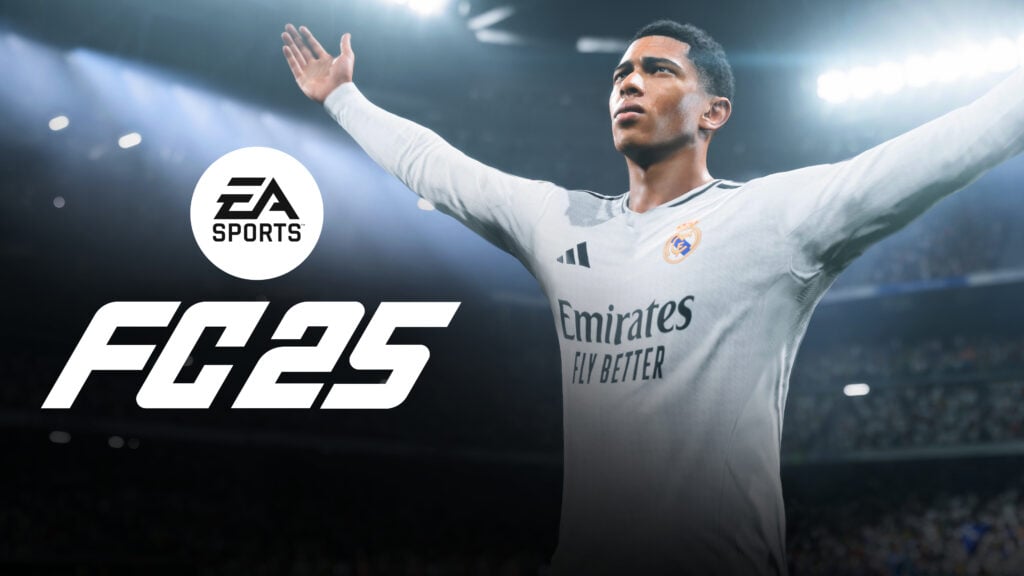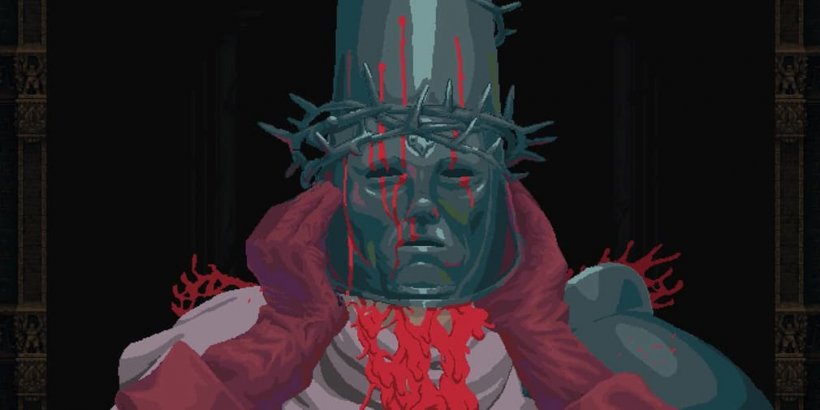Bungie Launches 'Thorough Review' After Using Uncredited Artist's Work Again
Bungie, the developer behind Destiny 2, finds itself once again embroiled in allegations of plagiarism. This time, the accusations center around their upcoming sci-fi shooter, Marathon. Artist Antireal has come forward claiming that Bungie used elements of their artwork without permission or proper credit. Antireal shared screenshots from Marathon's alpha playtest on X/Twitter, highlighting specific icons and graphics that they allege were directly lifted from their 2017 poster designs.
the Marathon alpha released recently and its environments are covered with assets lifted from poster designs i made in 2017.@Bungie @josephacross pic.twitter.com/0Csbo48Jgb
— N² (@4nt1r34l) May 15, 2025
In their statement, Antireal expressed frustration over the repeated instances of their work being used by major companies without compensation or acknowledgment. "Bungie is, of course, not obligated to hire me when making a game that draws overwhelmingly from the same design language I have refined for the last decade, but clearly my work was good enough to pillage for ideas and plaster all over their game without pay or attribution," they wrote. Antireal also highlighted their ongoing struggle to earn a consistent income from their art, feeling exploited by large companies.
Bungie responded swiftly to the allegations, launching an investigation and attributing the issue to a former employee. In their statement, the company acknowledged the unauthorized use of the artist's decals in Marathon and emphasized their commitment to resolving the matter. "We immediately investigated a concern regarding unauthorized use of artist decals in Marathon and confirmed that a former Bungie artist included these in a texture sheet that was ultimately used in-game," the statement read. "This issue was unknown by our existing art team, and we are still reviewing how this oversight occurred."
Bungie further stated, "We take matters like this very seriously. We have reached out to [the artist] to discuss this issue and are committed to do right by the artist. As a matter of policy, we do not use the work of artists without their permission."
To prevent future occurrences, Bungie announced plans to conduct a thorough review of their in-game assets, particularly those created by the former artist, and to implement stricter documentation processes for all artist contributions. "We value the creativity and dedication of all artists who contribute to our games, and we are committed to doing right by them. Thank you for bringing this to our attention," the statement concluded.
This incident is not an isolated case for Bungie. In October, the studio faced a lawsuit from a writer who claimed that plot elements from his story were used in Destiny 2's 2017 storyline, The Red War. Bungie attempted to have the lawsuit dismissed, but a judge denied the request as the studio struggled to provide evidence, especially after "vaulting" the content, making it no longer publicly playable.
Additionally, just weeks before that lawsuit, Bungie investigated how a NERF gun based on Destiny 2's Ace of Spades was almost directly copied from fanart designed in 2015, including every detail down to the brush strokes and smudges.
-
Renowned Street Fighter creator Takashi Nishiyama is teaming up with iconic boxing publication The Ring to develop an original boxing video game. Saudi Arabia's General Entertainment Authority chairman Turki Alalshikh broke the news via his officialAuthor : Nicholas Feb 11,2026
-
Warhammer 40,000: Tacticus joins the new Warhammer Skulls showcase lineupThe showcase will introduce the latest faction to arrive in TacticusWill it be more Imperium forces? Chaos legions? Or perhaps the Xenos will receive some attention?Whether you'Author : George Feb 10,2026
- STALKER 2: Heart of Chornobyl - All Endings (& How to Get Them)
- Steampunk RPG Eldgear Unveiled by KEMCO
- Metaphor: ReFantazio - Complete Bond Guide
- NYT Hints and Answers: Guide to January 10, 2025
- Discover the Artifacts in Stalker 2: Locations and Acquisition
- Mushroom Go! Unleashes Co-op Dungeon Adventure for Fungi Fans

